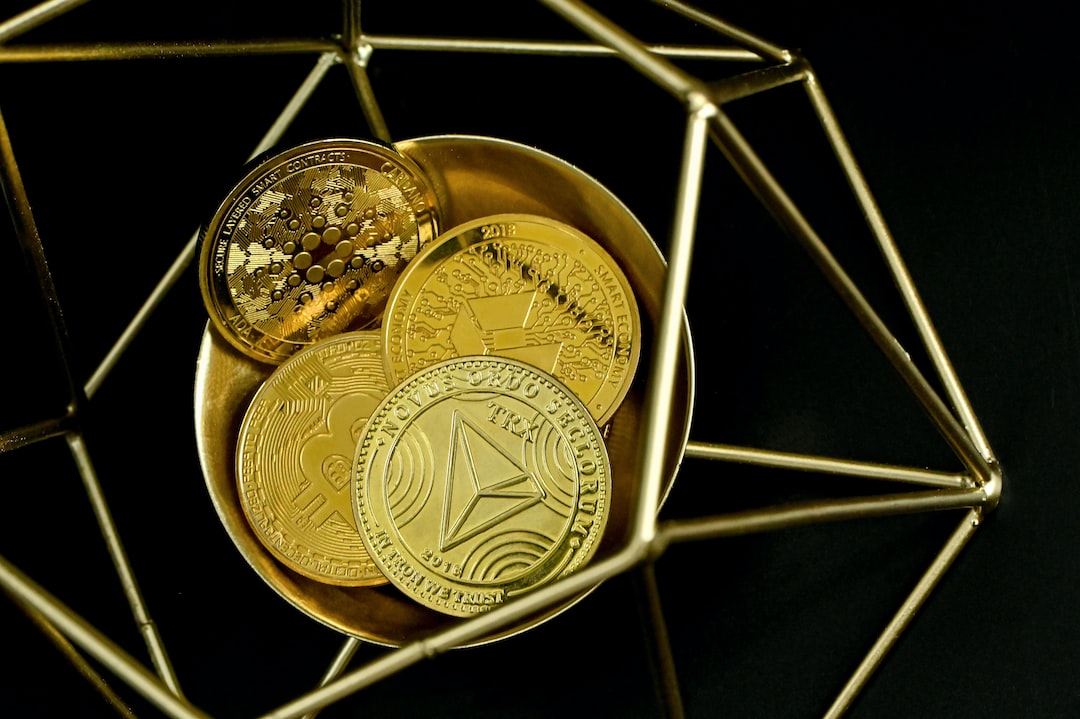Revolutionizing Smart Contracts with Cartesi Coin
Have you ever heard of Cartesi Coin? If not, you’re in for a treat. This innovative cryptocurrency is revolutionizing smart contracts on the blockchain. In this article, we’ll take a deep dive into what Cartesi Coin is, how it works, and why it’s changing the game for smart contracts.
What is Cartesi Coin?
Cartesi Coin is a cryptocurrency that aims to bring scalability and usability to smart contracts on the blockchain. It leverages off-chain computation to enable complex and intensive computations to be performed off-chain, while still maintaining the security and decentralization of the blockchain. This allows for more complex and powerful smart contracts to be created, without the limitations of on-chain computation.
Off-chain computation: With off-chain computation, you can perform complex computations outside of the blockchain, which reduces congestion and increases scalability. This means that you can run more complex smart contracts without worrying about bogging down the blockchain.
How Cartesi Coin Works
So how does Cartesi Coin actually work? It uses a technology called Descartes to enable off-chain computation. Descartes is a decentralized oracle that allows for secure off-chain computation, ensuring that the results are trustworthy and verifiable. This opens up a world of possibilities for smart contract developers, as they can now create more complex and powerful smart contracts without being limited by on-chain computation.
Descartes: Descartes uses a combination of cryptographic proofs and game theory to ensure that off-chain computations are secure and trustless. This means that you can trust the results of off-chain computations without having to rely on a central authority.
The Benefits of Cartesi Coin
There are several key benefits to using Cartesi Coin for smart contracts. First and foremost, it enables more complex and powerful smart contracts to be created, as it removes the limitations of on-chain computation. This opens up new use cases for smart contracts, such as gaming, finance, and decentralized applications.
Scalability: By enabling off-chain computation, Cartesi Coin improves scalability by reducing congestion on the blockchain. This means that more transactions can be processed at once, leading to faster and more efficient processing times.
Usability: Cartesi Coin also improves usability by making it easier for developers to create complex smart contracts. With off-chain computation, developers can leverage familiar programming languages and tools, rather than having to learn new blockchain-specific languages.
The Future of Smart Contracts with Cartesi Coin
The future looks bright for smart contracts with the advent of Cartesi Coin. As more developers adopt this technology, we can expect to see an explosion of new use cases for smart contracts across various industries. From gaming to finance to decentralized applications, the possibilities are endless.
New use cases: With the power of off-chain computation at their fingertips, developers will be able to create innovative new use cases for smart contracts that were previously impossible due to limitations in on-chain computation.
Mainstream adoption: As Cartesi Coin gains traction in the developer community, we may see mainstream adoption of more complex smart contracts in everyday applications. This has the potential to revolutionize industries such as finance and gaming.
Frequently Asked Questions (FAQs)
1. What is off-chain computation?
Off-chain computation refers to performing complex computations outside of the blockchain network. This reduces congestion on the blockchain and improves scalability.
2. How does Descartes ensure secure off-chain computation?
Descartes uses cryptographic proofs and game theory to ensure that off-chain computations are secure and trustless. This means that you can trust the results without relying on a central authority.
3. What are some potential use cases for Cartesi Coin?
Potential use cases include gaming, finance, decentralized applications, and any other scenario where complex smart contracts are needed.





 By
By
 By
By
 By
By
 By
By

 By
By